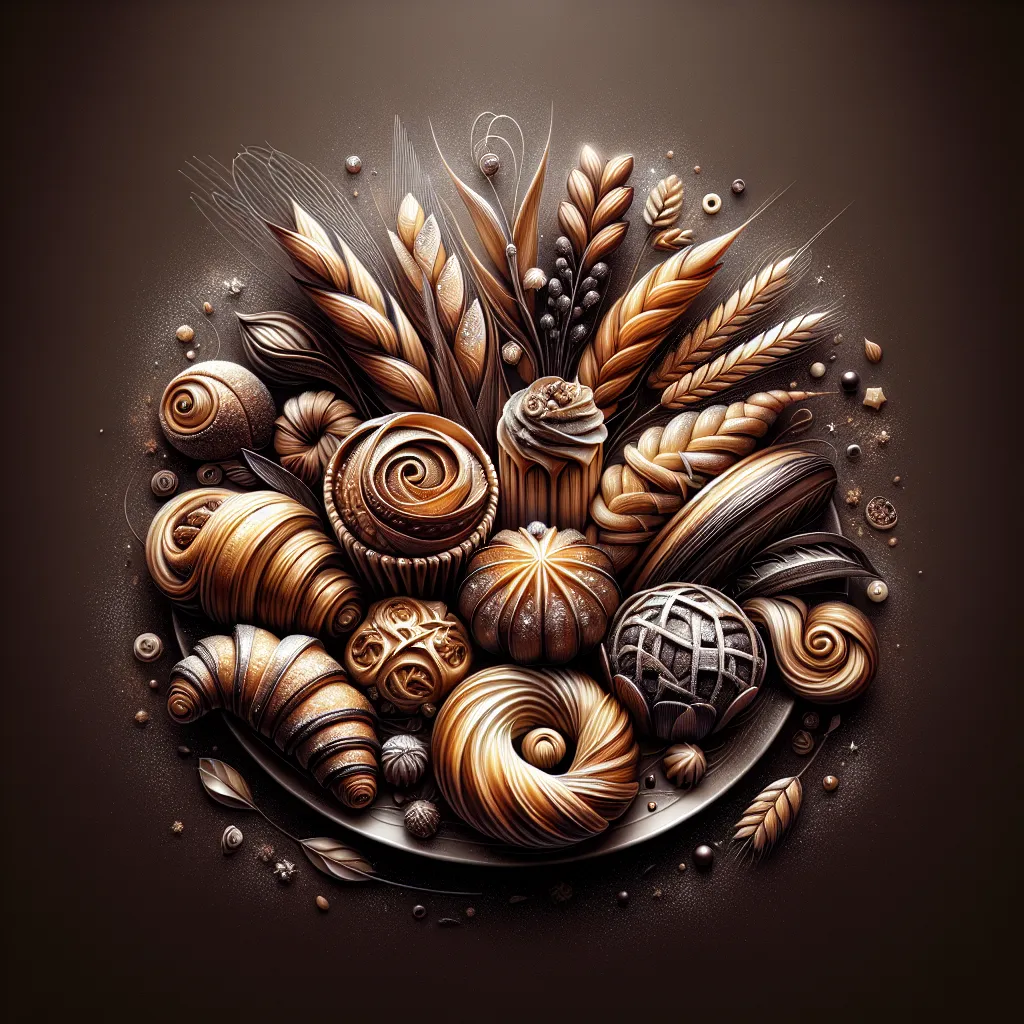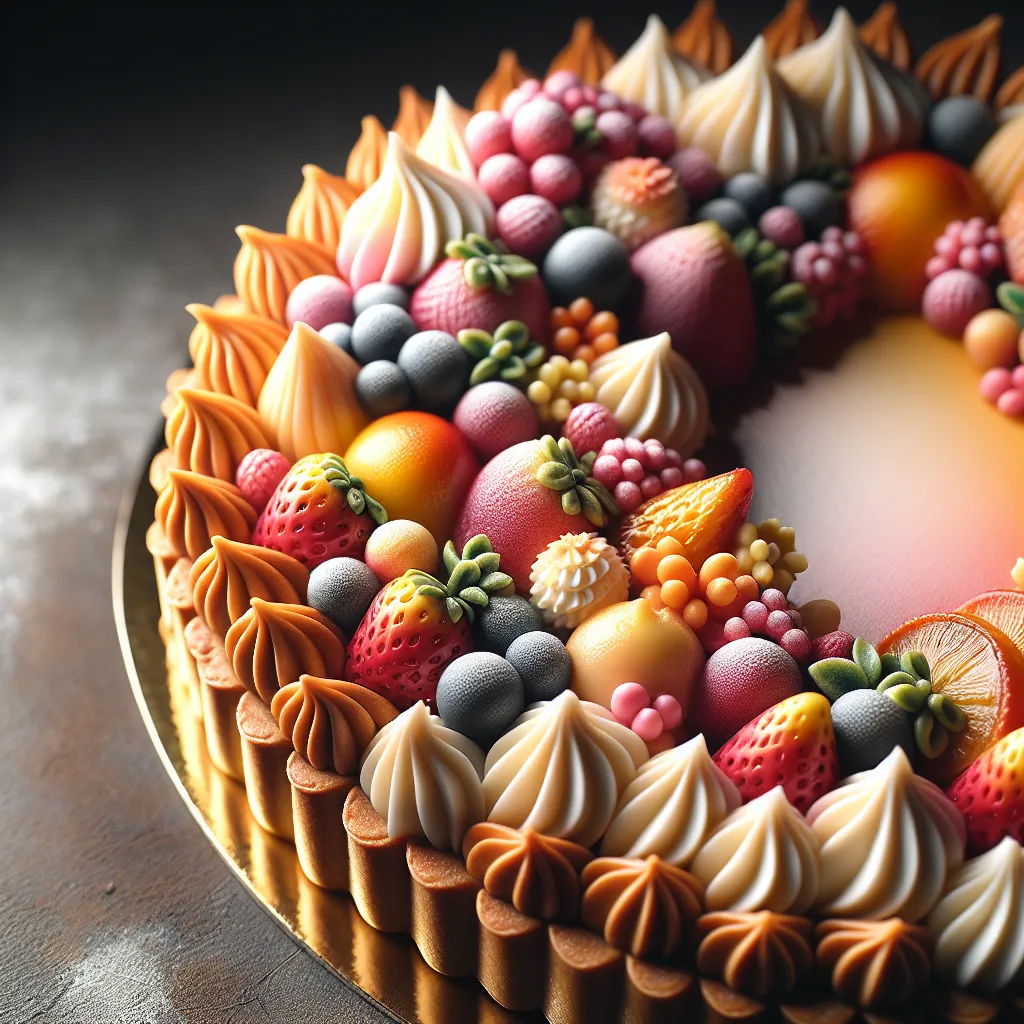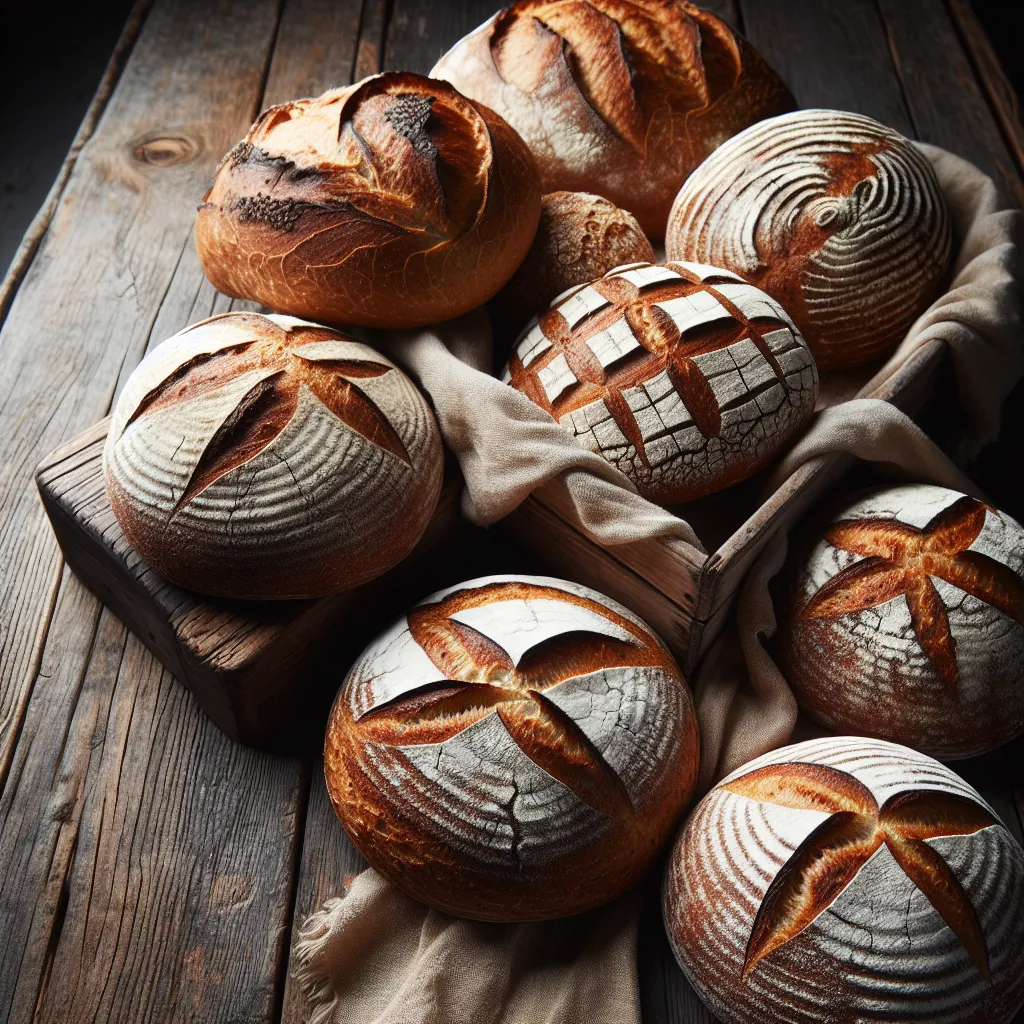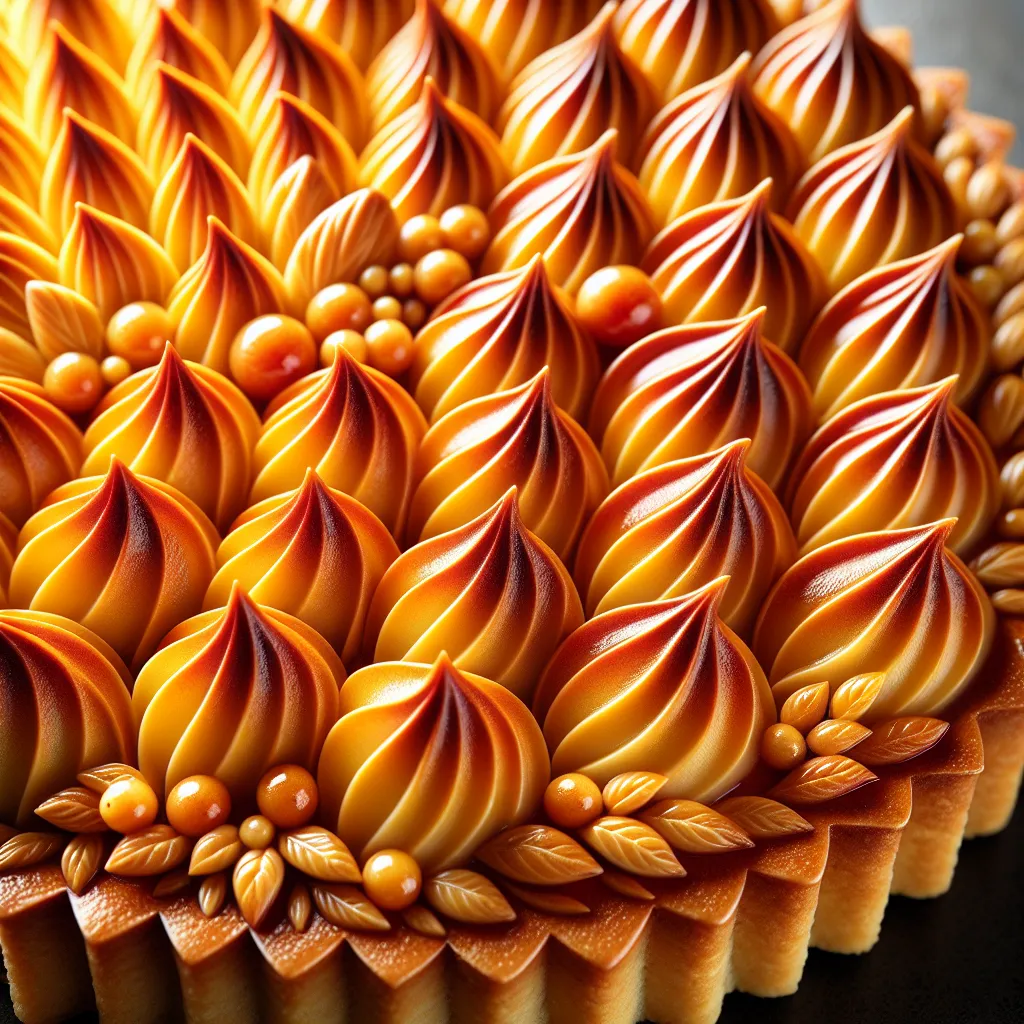The Key Ingredients for Successful Baking
When it comes to successful baking, the key ingredients play a crucial role in determining the outcome of your baked goods. Flour, sugar, butter, eggs, leavening agents, and flavorings are the fundamental building blocks of any delicious creation coming out of your oven. Starting with flour, it serves as the structural foundation, providing the framework for your bakes. Different types of flour, such as all-purpose, whole wheat, or cake flour, can yield varying textures and results, so it’s important to choose the right one for your recipe.
Sugar not only sweetens the baked goods but also contributes to moisture retention and tenderness. The type and amount of sugar used can impact the texture and color of the final product. Butter adds richness, flavor, and moisture to baked goods, playing a crucial role in creating tender and flavorful treats.
Eggs act as binders and provide structure, moisture, and leavening, making them an essential component in many baking recipes. Leavening agents such as baking powder and baking soda are responsible for creating the light and airy texture in cakes, muffins, and quick breads.
Lastly, flavorings such as vanilla extract, cocoa powder, or citrus zest add the finishing touches, elevating the taste profile of your baked creations. Mastering the art of combining these key ingredients in the right proportions is essential for achieving baking perfection.
Mastering the Techniques of Baking
Mastering the techniques of baking is essential for anyone aspiring to become a skilled baker. The art of perfect baking requires a deep understanding of fundamental techniques, precision, and practice. One of the key skills to master is the proper measurement of ingredients. Accurately measuring flour, sugar, and other components is crucial in achieving the desired texture and taste in your baked goods.
Furthermore, honing the skill of mixing is vital in the world of baking. Knowing when to gently fold ingredients together versus vigorously mixing can make a significant difference in the outcome of your creations. Understanding the science behind mixing methods and the role of leavening agents is a cornerstone of successful baking.
Budding bakers should also familiarize themselves with the various baking methods such as creaming, cutting in, and kneading. Each method lends itself to different types of recipes and can greatly impact the texture and structure of the final product. Learning to recognize the visual and textural cues at each stage of the baking process is a crucial part of mastering these techniques.
In addition, mastering the techniques of baking involves getting acquainted with different types of heat transfer and knowing when to use convection, radiant, or conductive heat for specific recipes. Understanding the nuances of oven temperatures and baking times is key to ensuring that your creations are perfectly baked every time.
Ultimately, mastering the techniques of baking is an ongoing learning process that requires dedication and a keen eye for detail. By honing these fundamental skills, aspiring bakers can elevate their craft and create delectable baked goods that will impress and delight.
Understanding the Science Behind Baking
Understanding the science behind baking is essential for mastering the art of perfect baking. Baking is not just about following a recipe; it involves understanding the chemical reactions and transformations that occur when ingredients are mixed, heated, and cooled. One key aspect of the science behind baking is the use of leavening agents such as yeast, baking powder, and baking soda, which create bubbles in the dough or batter, leading to the rise and texture of the final product. Moreover, the role of proteins, fats, sugars, and liquids in forming the structure and flavor of baked goods cannot be overlooked.
Temperature and timing also play a crucial role in baking. For example, the Maillard reaction, responsible for the browning and flavor development of baked goods, occurs at specific temperature ranges. Additionally, understanding the behavior of different ingredients under varying temperatures helps in achieving the desired texture and appearance.
Furthermore, the science behind baking involves understanding the role of gluten in creating structure in bread and other baked goods, as well as the impact of different fats on the tenderness and moisture retention in the final product. By delving into the science behind baking, aspiring bakers can gain a deeper appreciation for the intricacies of the process and improve their skills in creating delicious and perfectly baked treats.
Elevating Your Baking Skills to the Next Level
Elevating your baking skills to the next level requires a combination of practice, knowledge, and creativity. Mastering the basics is just the beginning; to truly excel in the art of baking, one must continuously strive for improvement and refinement in their techniques. One of the key aspects of taking your baking skills to the next level is understanding the science behind the ingredients and processes. This includes delving into the roles of different ingredients such as flour, leavening agents, fats, sugars, and liquids, as well as learning about the chemical reactions that take place during baking.
Furthermore, exploring advanced techniques such as natural leavening, sourdough starters, and precision temperature control can open up a whole new world of baking possibilities. Additionally, honing your decorating skills and experimenting with intricate designs, piping techniques, and unique flavor combinations can set your baked creations apart from the rest. Embracing the use of alternative ingredients and exploring different cultural baking traditions can also elevate your skills and broaden your baking repertoire.
Embracing a mindset of continuous improvement, staying curious, and being open to learning from experienced bakers can provide valuable insights and inspiration. Finally, don’t be afraid to push your creative boundaries and think outside the box. By incorporating new ideas while respecting the fundamentals, you can truly elevate your baking skills to new heights and create extraordinary culinary delights.




